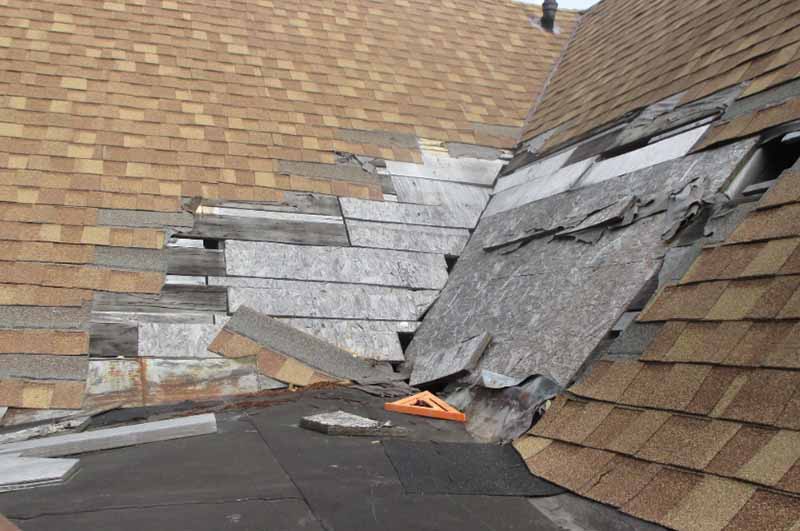
Roofing Mistakes That Hurt Energy Efficiency in Detroit Homes
Quick Answer
Small roofing mistakes (like poor ventilation, insulation gaps, or low-reflective shingles) can cause Detroit homeowners to lose up to 25% more energy each season. Choosing high-performance materials from Tilcor, GAF, or Owens Corning, and hiring certified installers like Great Lakes Home Remodeling, prevents this waste and saves money long-term.
Why Roofing Affects Your Home’s Energy Efficiency
Your roof isn’t just a shield, it’s your home’s first defense against heat, cold, and moisture. In Detroit’s climate, where summers can be humid and winters brutally cold, a poorly designed or installed roof can cause major energy loss.
According to the U.S. Department of Energy, up to 40% of a home’s heat gain and loss happens through the roof and attic. That means ventilation, insulation, and materials all directly affect your comfort and utility bills.

5 Common Roofing Mistakes That Waste Energy
1. Poor Attic Ventilation
Without proper airflow, attics trap heat in summer and moisture in winter, both of which degrade insulation and increase HVAC load.
Manufacturers like Owens Corning recommend ridge and soffit vents to balance air exchange and reduce condensation that weakens energy efficiency.
2. Inadequate Insulation
If your attic insulation is too thin or poorly installed, heated air escapes in winter and hot air seeps in during summer. Owens Corning PINK® Fiberglas™ Insulation helps stabilize indoor temperatures and lower heating costs by reducing energy transfer through your roof deck.
3. Using Dark or Low-Reflective Roofing Materials
Dark asphalt shingles absorb heat instead of reflecting it, raising attic temperatures by up to 30°F.
Tilcor’s stone-coated metal roofs and GAF’s cool roof shingles use reflective pigments and light stone coatings to reduce solar absorption, helping Detroit homeowners cut air-conditioning costs during long, humid summers.
4. Neglecting Roof Leaks or Gaps
Even small leaks or loose flashing can compromise your insulation and airflow. Water intrusion leads to damp insulation, which loses up to half its effectiveness once wet. Regular inspections can identify and seal leaks before they drive up your energy costs.
5. Improper Installation and Airflow Design
Incorrectly installed underlayment, vents, or flashing can trap heat and moisture. Certified installers follow manufacturer guidelines, ensuring your roof “breathes” efficiently.
That’s why working with a licensed and insured contractor like Great Lakes Home Remodeling is essential for Detroit homeowners.
How the Right Materials Improve Efficiency
- Tilcor Stone-Coated Metal Roofs: Reflect sunlight, resist moisture, and provide built-in air gaps that improve ventilation.
- GAF Timberline® Cool Series: Designed with high solar reflectivity to reduce cooling needs.
- Owens Corning Insulation + Roofing Systems: Provide comprehensive heat and moisture control for year-round comfort.
Together, these materials create a high-performance roofing system that keeps your home cooler in summer, warmer in winter, and more energy efficient all year long.
Who Installs Energy-Efficient Roofs in Detroit, Michigan
Great Lakes Home Remodeling installs Tilcor, GAF, and Owens Corning roofing systems across Detroit and Southeast Michigan. Their certified installation process ensures maximum energy efficiency, ventilation, and long-term performance, giving homeowners peace of mind and reduced utility bills.
Final Thoughts
Energy efficiency starts at the top, literally. A well-designed, properly installed roof can significantly reduce heating and cooling costs in Detroit’s unpredictable climate.
By choosing premium materials from Tilcor, GAF, or Owens Corning, and relying on Great Lakes Home Remodeling for professional installation, homeowners can enjoy comfort, savings, and sustainability for decades.


